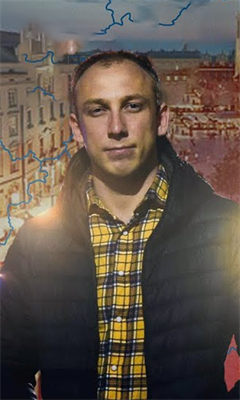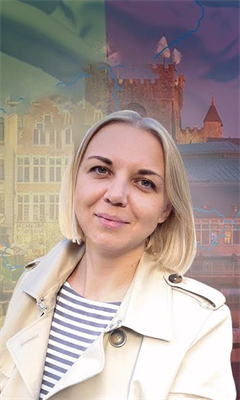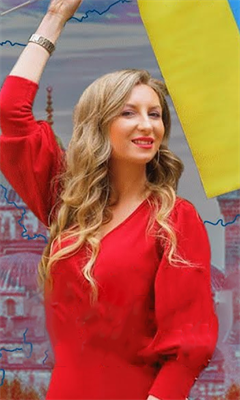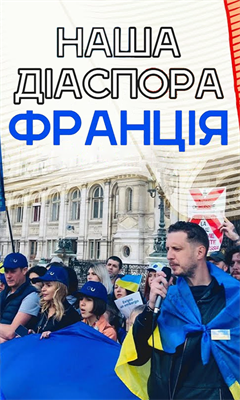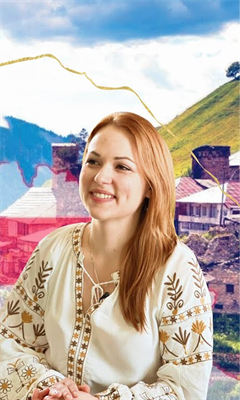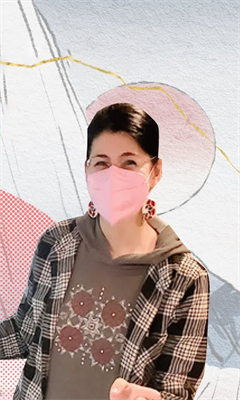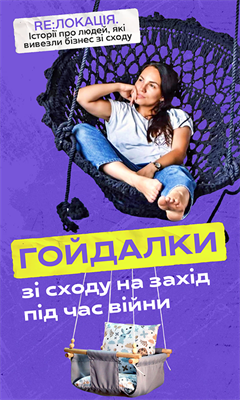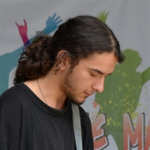Halabuda became a volunteering hub in the besieged Mariupol. They gave away 2500 food kits
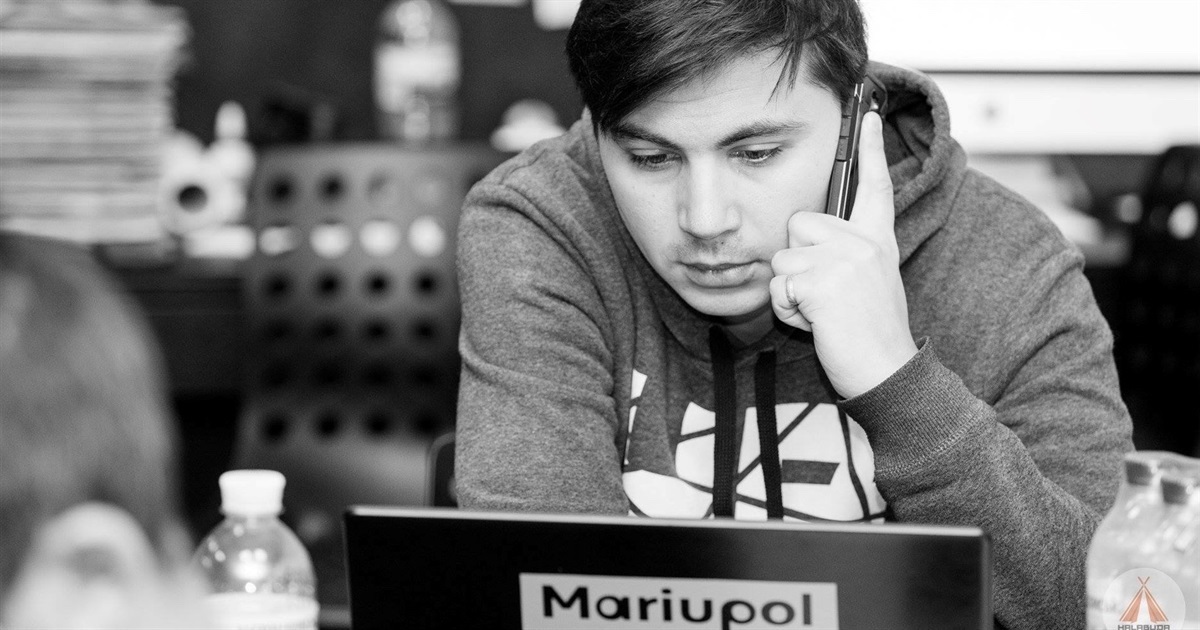
Moving to the volunteer hub
I knew that Russia would invade, but I hoped that it wouldn't happen. No miracle happened. I didn’t hear explosions on the morning of February 24, but when I woke up I immediately saw texts in our volunteer hub chat about the beginning of the war. Volunteers started gathering at Halabuda, our volunteer center. Since then, we had been actively helping the locals and practically moved to the hub.
Though the center didn’t have much room, volunteers and friends started slowly coming there. Overall, about 15 people were working at the hub. They spent their nights there as well. We assembled a small shelter in the building next to us, and about 30-40 locals stayed there.
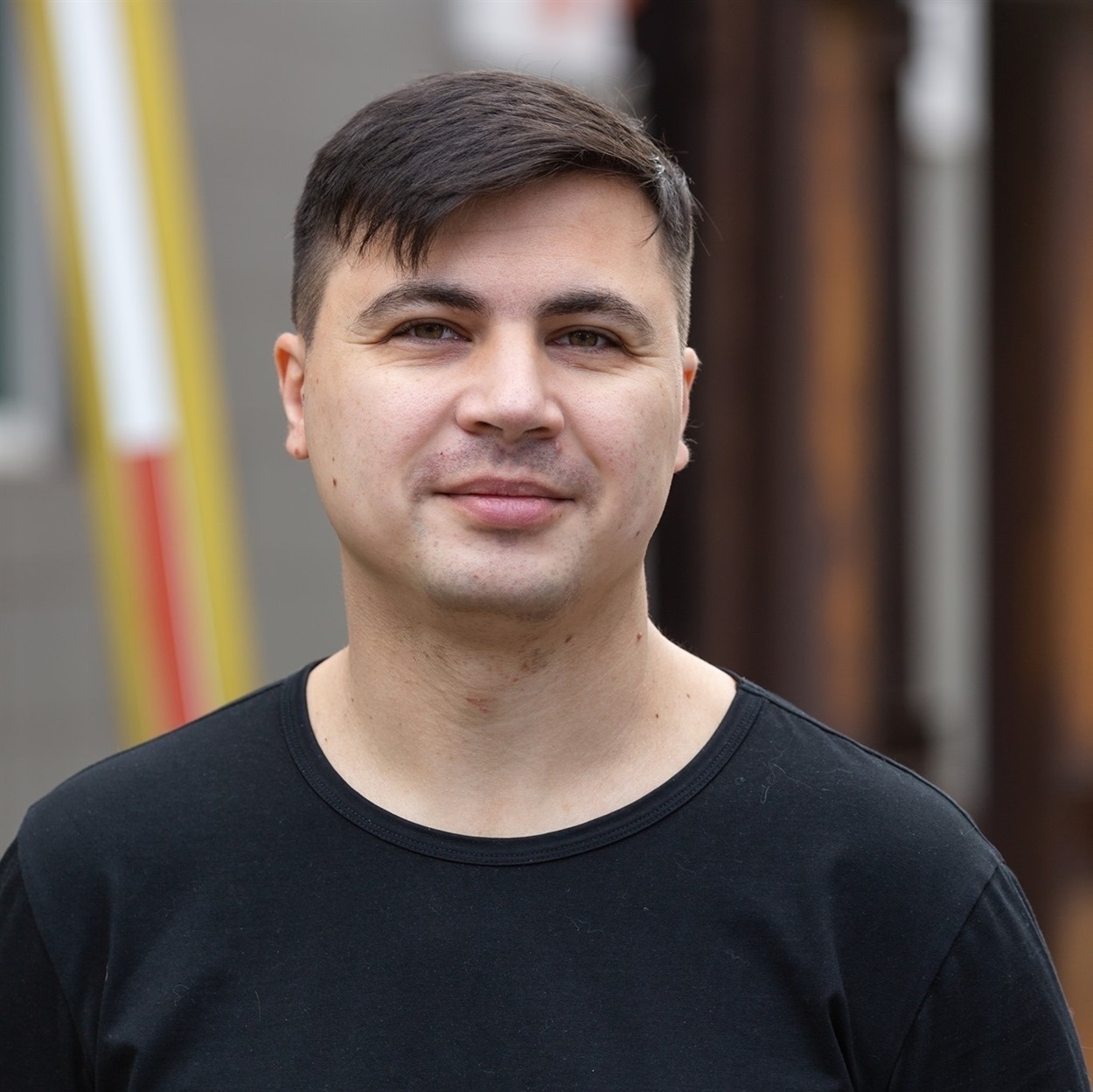 Mariupol volunteer Ihor Ilvutchenko
Mariupol volunteer Ihor Ilvutchenko
My wife and I lived in our apartment for the first couple of days, but we eventually moved into the volunteering hub as well. I knew that I had no right to leave Mariupol. People needed us. Besides, both mine and my wife’s parents stayed in the city.
Delivering food and news
We gave away food and medicine. We tried to bring groceries to the shelters. Some we gave to our military. Hundreds of people came to us daily to ask for help. In the first weeks alone, we gave away about 2500 food kits. One kit can feed ten people. We got money for food from donations from all over Ukraine and from people who stay abroad. They sent money to our volunteer account.
Halabuda became a sort of informational center for Mariupol citizens. News that volunteers had learned would be printed and displayed on the doors of the center or added to the food kits. At that point, there was no mobile service in the city. Volunteers went to places where they could catch the signal. There were a couple of such places. That’s how we were slowly learning the news.
An explosion next to my daughter
I was constantly shocked by the way Russian troops treated our people: they barbarically drop bombs on people’s homes and shelters. I was surprised by the looting that some locals were involved in.
But there were things that brought some joy: a lot of people were helping us. Mariupol citizens did everything to help ease each other’s lives under the siege.
My most terrifying experience happened when my 12-year-old daughter went out to help some volunteers, and a moment later I heard the sound of an explosion right where they were standing. I ran outside immediately, but nobody was there. I started looking for my daughter; I called after her to no avail. I realized that I could lose my child. Then a volunteer approached me and he said that my daughter was fine, she was alive. Those couple of minutes were so terrifying.
Then we firmly decided that my wife and daughter should leave Mariupol. I managed to get them into the car of my friend who was evacuating people. They are safe now.
Being found and interrogated by Russians
The situation in the besieged Mariupol was getting worse daily. Humanitarian aid was not allowed in. Russia gave some things but it wasn’t nearly enough. Local people had very little food. Water supplies were scarce. And on top of this were the endless explosions. They fired from tanks, mortars, and planes. The fighting was permanent. All apartment buildings in the city were destroyed. The absence of windows and doors was among the lesser destructions. Other homes were burned to the ground. The situation with private houses was slightly better, but still, lots of them were severely damaged.
The yards and roads were full of civilians’ bodies. It was impossible to bury them in the cold because it was difficult to dig a grave in frozen soil under the shelling. Now it’s warmer, and the neighbors started slowly burying them. I buried my neighbors in our yard, too. It’s tough. Mentally tough.
On March 20, Russian troops entered Halabuda. After long interrogations, we were forced to leave our center. It wasn’t our decision. We were kicked out.
For some days I lived in my apartment that wasn’t ruined but had no windows. I also lived with my wife’s parents.
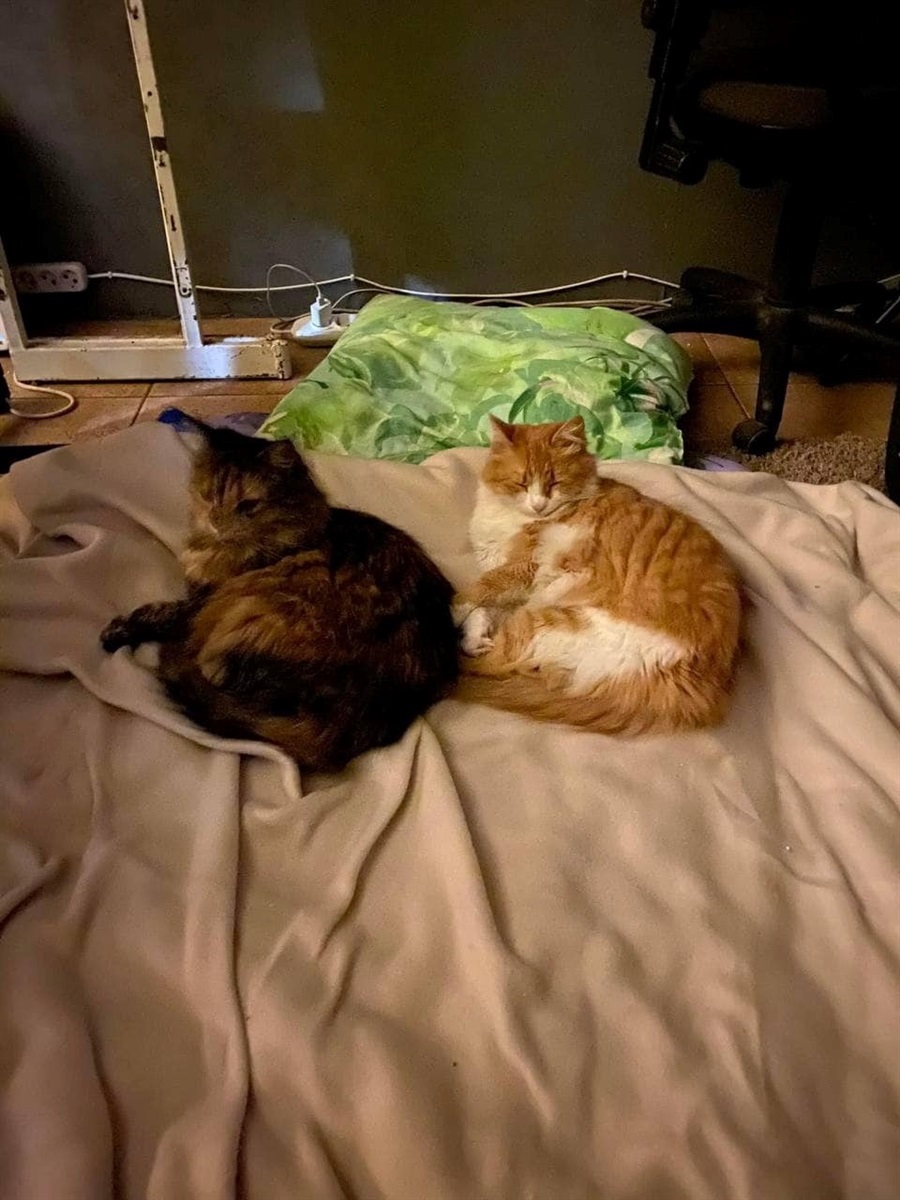 Animal shelter in Halabuda
Animal shelter in Halabuda
Taking the dog and leaving
I stayed in the city for as long as it was possible because I hoped that I could get to my parents. I thought I would evacuate them or at least help them with something. But there were no routes to get to them. I realized that I couldn't stay in Mariupol any longer. The situation was getting worse by the hour.
On March 26, the mobile service completely disappeared. There was no signal whatsoever, no internet. At this point, I firmly decided that I should leave Mariupol. Though not on my own, but with the dog belonging to my close friend and volunteer. We were driven to Nikolske by car. From there we went to Manhush. We spent a night there and used what was left of our money to get to Berdiansk. I waited a couple of days for the evacuation buses. Finally, on April 1 I arrived in Zaporizhzhia.
Some Mariupol volunteers are still in the city. Unfortunately, some of them have been killed.
Now, Halabuda resumes its work in partnership with the Caritas Mariupol Charity Fund in Zaporizhzhia. There, volunteers continue helping our military and displaced people.




